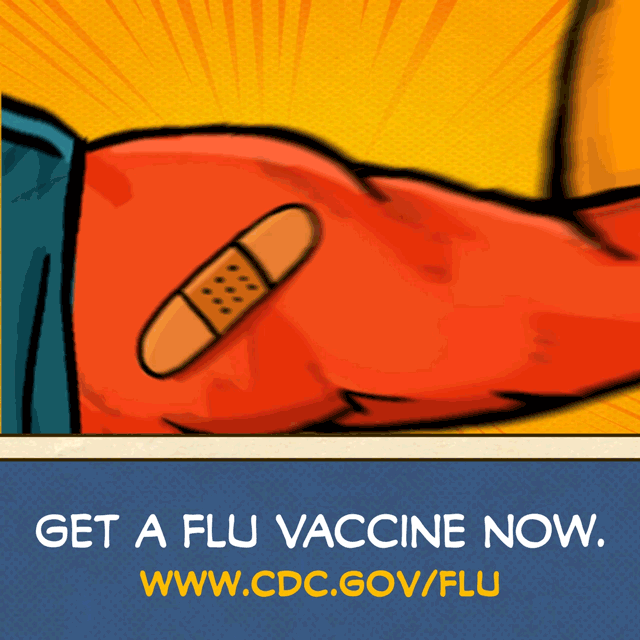The Centers for Disease Control and Prevention recommends that everyone get the flu vaccine in September or October before the start of the flu season. Flu producers are gearing up to boost the supply and many pharmacies and clinics are administering seasonal flu shots now. With Covid-19 highly active and the potential for a pandemic spike over the fall or winter, it’s very important to boost your immunity and help prevent hospitals from being overwhelmed. Remember, the seasonal flu is a deadly illness claiming thousands of lives each year, with risks particularly high for children, the elderly, and health-compromised populations.
Here’s the scoop on the basics of what you need to know, with links for further information:
Who should get the flu vaccine?
- Everyone above the age of 6 months
- Pregnant women
- Essential workers
- Healthcare workers and caregivers exposed to vulnerable groups
- Those who are at a higher risk. including adults over 65 years old and people with underlying medical conditions (cancer, heart disease, asthma – see more about vulnerable and high-risk groups)
What flu vaccine should you get?
- There are flu shots approved for use in children as young as 6 months old
- There is a special vaccine for adults 65+ years old with a higher dosage to protect against four strains of influenza
- Flu shots also are recommended and approved for use in pregnant women and people with certain chronic health conditions.
- The nasal spray flu vaccine is approved for use in non-pregnant individuals who are 2 years through 49 years of age. People with some certain medical conditions should not receive the nasal spray flu vaccine.
- Learn more about the different flu vaccines are approved for use in different groups of people
When should you get vaccinated?
Typically, health officials recommend September and October, and with the complications of Covid-19, health official advise sooner rather than later. If you miss the ideal window of September to October, should you still get vaccinated? Health officials say yes, up through January.
Where to get flu shots
Normally, many people can get shots at the workplace, but with many businesses operating on a remote work basis, you will probably need to get a vaccine on your own. There are many convenient places to get a shot, such as pharmacies, clinics, and doctors’ offices. Use the Vaccine Finder to find places near you. Remember to check if there are any Covid-19 health procedures you need to adhere to at your chosen site, and whether there is a cost. If you have private insurance, Medicare or Medicaid, you will probably be covered other than possibly a copay. If you don’t have insurance you may want to shop around because prices can vary, ranging from $40 to $70, depending on the shot.
Does a flu vaccine prevent the flu entirely?
Not always, but flu vaccines have been shown to reduce the risk of flu illness, hospitalization, and death. This is particularly important for high-risk people and people with underlying health benefits. In other words, if you do get a flu, the vaccine will make your illness less severe, and make it less likely you’ll end up in the hospital.
Helpful resources
- Flu.gov
- Flu Information for Parents with Young Children
- Flu myths and misconceptions
- Vaccination Guidance During a Pandemic
- Frequently Asked Influenza (Flu) Questions: 2020-2021 Season
- Seasonal Influenza Vaccination Resources for Health Professionals

